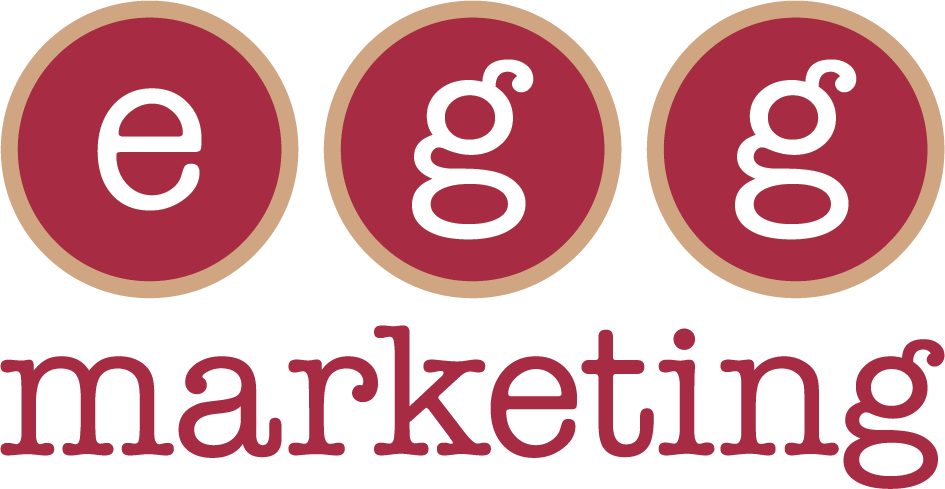
Managing Public Relations and the Media
As the business world continues to recover from the threat of COVID-19, the public relations field is increasingly in the spotlight. Major companies including Amazon are finding themselves embroiled in a sort of PR battle, where profits, public health, and employee rights collide. According to an employee who was let go in April, “Amazon still has the opportunity to lead, but people will remember how they treated workers after the pandemic is over,” as reported by Politico.
In the coming months, Amazon’s PR team will have to tread carefully in order to help repair the company’s severely damaged reputation. Of course, damage control is a cornerstone of public relations, but their company’s PR team can’t do it alone. They’ll need the media on their side, or at least a handful of journalists willing to dig deeper in order to find the truth while managing public relations effectively.
Authenticity is more important than ever in the modern digital age, where video cameras are everywhere and anyone can post a defamatory article with just a few clicks. Managing public relations and the media in these unprecedented times also requires you to embrace change and allow your company to adapt to those changes, from social distancing to trending hashtags. Finally, keep in mind that public relations and the media can enjoy a symbiotic relationship that allows your company’s revenue to flow while improving customer retention and engagement.
Where and How PR and the Media Intersect
Since at least 2012, PR professionals have understood that the media and public relations are allies rather than opposing forces. In an in-depth interview that year, journalist and CanWest Fellow, Ira Basen, advocated for more transparency between the two industries. Specifically, Basen encouraged journalists to look beyond the “myths and clichés” that surround public relations such as the idea that PR professionals are nothing more than paid liars.
The reverse is also true. For starters, the word “media” isn’t always synonymous with “paparazzi.” What’s more, an internet troll posting articles and claiming to be a “citizen journalist” doesn’t make his or her information reliable. Therefore, it’s a smart idea to cut out the middleman and include media coverage as part of your company’s PR campaign. Not only can you provide up-to-date information to your customer base, but in-house journalists may also be able to help stop the spread of misinformation.
Fighting Against Misinformation
Modern technological breakthroughs continue to improve and enrich our lives, but even the most innovative tech has its downsides. As previously mentioned, web-based articles and blog posts can be published at lightning speeds, yet there’s no guarantee that the information posted is accurate. Few online readers take the time to fact check or confirm the accuracy of a claim before sharing or re-posting. Thus, misinformation can spread like wildfire across the Internet.
And the unfortunate reality is that misinformation can wreak havoc on a business, resulting in lost profits or even permanent closure. NBC News reports that fake news (a prominent form of misinformation) can cause “irreversible damage” to a business. Companies must act quickly to effectively combat misinformation or other forms of negative press. Once a story becomes viral, there’s often no going back for a company under scrutiny.
It’s important to note that misinformation isn’t always spread with malicious intent, however. More often than not, false information is spread by those who don’t bother to fact check. According to Ohio University, misinformation can propel social issues and even undermine democracy. By fighting against the spread of misinformation, your company can preserve its reputation and avoid disrupting society as a whole.
Of course, even the most clever and engaging journalistic articles and PR campaigns can’t save every business. Beginning in March, there were widespread business closures due to COVID-19 across the nation, and many of those companies will never recover. An academic study found that at least 100,000 small businesses have permanently shuttered their doors since the pandemic began.
Using Social Media to Your Advantage
In 2020, promoting your brand via social media is of paramount importance, especially if you’re recovering from a scandal. Yet clever social media posts may not be enough to increase your customer base. Don’t underestimate the power of persuasion and influence.
PR professionals in every industry should consider teaming up with an influencer as a viable form of promotion. Even if you only have a minuscule idea of what an influencer does, you can’t deny their ability to mold and shape national trends. Vogue Business reports that the reach of influencers has steadily climbed in the wake of COVID-19 as companies look for creative ways to create quality content while still adhering to social distancing mandates.
Influencers are social media personalities who double as effective marketing tools. Various influencers promote clothing brands and other types of products. The most popular social media influencers, such as Jeffree Starr and Huda Kattan, have millions of followers on platforms including YouTube and Instagram. In general, the bulk of influencers are just everyday people and/or savvy entrepreneurs who have made a name for themselves online, and their marketing power shouldn’t be underestimated.
Kattan, for example, has turned her cosmetics line into a multi-million-dollar empire thanks to her status as a top-tier influencer. The fact that she’s also a capable blogger doesn’t hurt either: Guest blogging can help you build a larger audience and earn recognition as an expert in your field or industry. Writing quality blog content also serves as an avenue for defending your online reputation and combating misinformation.
Influencers such as Kattan provide just one avenue for PR professionals and similar service providers looking to multitask public relations and media. To better ensure success, your company’s social media strategy should be multi-faceted, allowing you to build news around your company while positively interacting with potential clients and customers. This multi-faceted approach is the ultimate culmination of customer engagement and solidifying your brand as a force to be reckoned with. In this way, your company can easily preserve its PR and media relations via social media.
Owning Up to Your Mistakes
Today’s consumers are receptive to the advice of their favorite influencers, but a company’s integrity is also an important consideration. If your customer base believes that your company is dishonest or engages in unscrupulous business practices, it can be difficult to repair your reputation.
The ways in which a PR team reacts to a crisis or bad press can make or break that company. At the very least, acknowledging the scandal or negative situation is a small step towards fully mitigating the damage. Owning up to bad moves or decisions, however, is among the best ways to rise above the damage and keep customers loyal.
Especially during politically-charged times, your company or brand’s reaction to current events is of crucial importance. In early June, a popular NFL quarterback discovered firsthand how politics can negatively affect one’s reputation. As a large number of U.S. cities, including his hometown of New Orleans, were hosting protests against police brutality, Drew Brees made comments in a video interview that many felt were woefully ignorant and “extremely painful.”
His words quickly reverberated across social media, with everyone from the general public to his own teammate Malcolm Jenkins calling for an apology from Brees. Protesters in New Orleans even directly vilified Brees, chanting his name in a profane manner. As Brees has long been a beloved local fixture in New Orleans, the swift reaction serves as an apt demonstration of the speed in which social media coverage can damage one’s reputation.
Key Takeaways
For his part, Brees did indeed backtrack on his words, penning a lengthy apology to his fans and teammates. It remains to be seen if his reputation will be permanently damaged from the faux pas, however, or how the Saints’ PR team may ultimately handle the issue by managing PR, but the team is likely to take a multi-faceted approach. In our digital society, managing bad press and combating misinformation requires the integration of public relations and media coverage. The Saints (and all brands, across every industry) should take note.
Beau Peters is a creative professional with a lifetime of experience in service and care. As a manager, he’s learned a slew of tricks of the trade that he enjoys sharing with others who have the same passion and dedication that he brings to his work.


